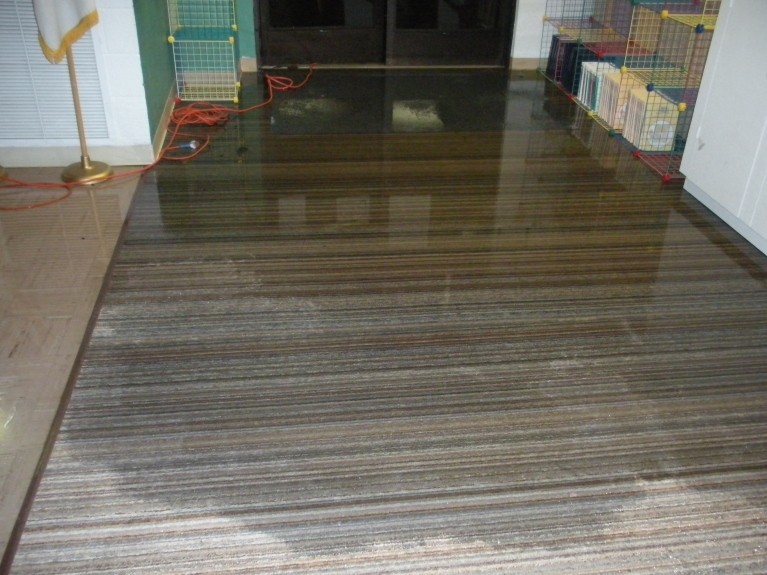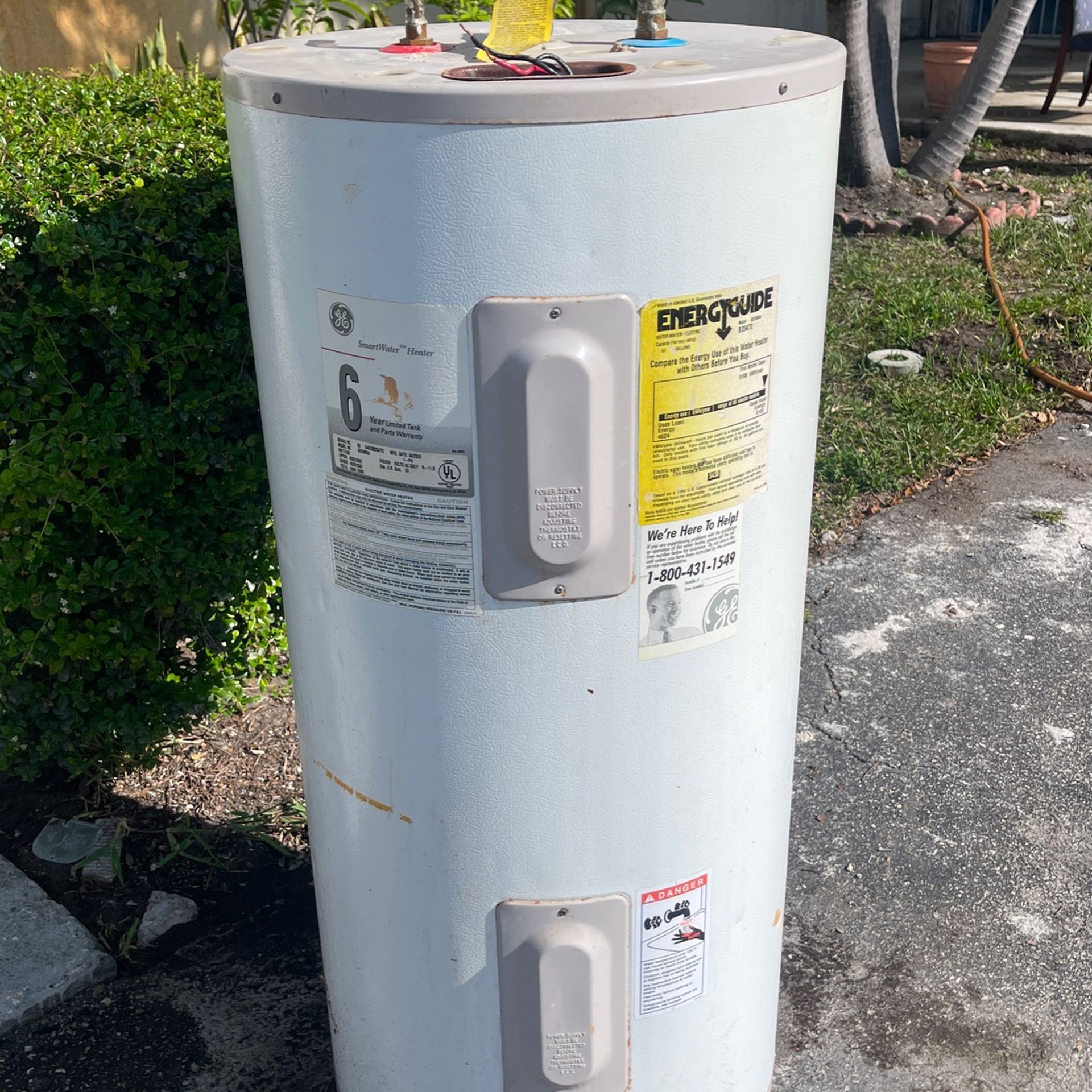Crucial Procedures for Residential Property Owners Handling Malfunctioning Water Heaters
Crucial Procedures for Residential Property Owners Handling Malfunctioning Water Heaters
Blog Article
Were you hunting for know-how concerning Maintaining & Draining a Water Heater?

Whether it is located in the basement or a different area, broken water heating systems can cause stress. Having no hot water supply is additionally troublesome.
Shut Down Power Source
Prior to calling the plumber, turned off a gas hot water heater by transforming the temperature dial. This is typically located at the top of the thermostat. If you have a design that operates on electrical power, switch off the circuit breaker. This will certainly prevent electrocution, especially if there is a leak as water is a conductor. Normally, the heating element turns off when the water hits a particular temperature level. But with a damaged storage tank, it might malfunction. Cutting it off ensures you stay safe.
Cut Off the Cold Water Supply
Cut off the containers touch water supply from the source. When your tank is in great problem, the chilly water quits filling up when the storage tank is complete. If you can not find it or reach it, you have to transform off that primary water supply line outside your building.
Call the Plumber
After doing the initial two security steps, you have to call your plumber to come right away to repair a fractured water heater. There are typically indications that your aging water heating unit has sediment build-up in the inside.
Instead, as quickly as you identify these indicators, have actually a professional come to examine your water heater thank. Usually, water heaters have a life-span of regarding 8 to 12 years.
Clean Up Property
After calling the plumber, file damages by remembering as well as images so you can assert your house owner's insurance policy. From there, begin the immediate cleaning. Get any type of essential belongings to prevent additional soaking. After that, remove any kind of standing water to prevent mold and mildew and also mildew development. If you have a completely submersible water pump, use that to drain pipes the water. Or else, the traditional bucket technique will likewise work. Try to mop out everything, consisting of wall surfaces as well as walls. Keep them running to maintain air flowing if you have an electric fan and dehumidifier. This will help discourage mold and mildew growth.
Remember, if you notice any type of problems with your hot water heater, call the pros today. You can not take this trouble lightly due to the fact that a faulty thermostat can raise water temp to a dangerously high degree, resulting in accidental burns. A damaged heater stress relief valve can additionally trigger an explosion. For ideal outcomes, obtain a yearly check so your device obtains evaluated, cleaned up, drained, and also refilled, assuring ideal performance.
Whether it is located in the basement or a different room, busted water heating units can create tension. Before calling the plumber, closed off a gas water heater by turning the temperature level dial. After doing the very first two safety steps, you must call your plumber to come right away to fix a ruptured water heating unit. If you have a completely submersible water pump, use that to drain pipes the water. Remember, if you observe any issues with your water heating system, call the pros right away.
Is My Water Heater Broken?
The Water Heater is Old
No appliance will last forever. This includes a home’s water heater. During its lifespan, residents are going to face a situation where a new water heater installation will be necessary. The biggest problem with this is that most people are not sure when their water heater expires. Not knowing this can lead to serious risks if the unit begins to act up due to old age.
Most makes and models of water heaters will last between eight and 10 years. While 10 years is the age when water heater replacement is highly recommended, the need to replace the unit may occur before this time or after. If the unit doesn’t show any symptoms of a problem, it is a good idea to replace it at the 10-year mark (from the manufacture date).
Some of the symptoms that indicate a new unit is needed include rusting, leaks, noises, and a failure to heat up the water. Also, note that not all units have a 10-year life expectancy. The main exception to this rule is that a gas unit will last for six to eight years.
Rusty Heater Inlet Valve or Water
While steel is the strongest material on earth, it does have a weakness – rust. If corrosion occurs on a steel surface, it will begin to spread and eat through the steel in certain areas. On water tanks and pipes that are made of steel, rust is a warning sign of an impending leak.
The issue for many is trying to figure out if the rust is coming from the water heater or the pipes that lead to the faucet. If rust is seen, it is a clear indication that water heater service from the professionals is needed.
If rusty water appears out of the faucets in the bathtub or sink, it likely means a rusty water heater. If there is rust near the water inlet or the pressure relief valve, rust has likely developed inside the tank. If tap water appears rusty, it may be an issue with the pipes.
Strange Sounds from the Water Heater
Are there strange sounds coming from the tank? As a water heater gets older, rumbling noises may develop and get louder and louder as the water in the tank heats up. In homes where large amounts of hot water are used, the issue is likely going to be even more obvious when more serious issues arise. If there is a strange or loud noise coming from the unit, it is probably because of sediment buildup. A good way to remedy this problem is by flushing the heater. If this does not work, then a new unit may need to be installed.
Leaks
As a water heater gets closer to the end of its useful life, there is a higher chance there will be water around the tank. If there is water, this usually means leaks are occurring. Based on where the unit is located in the home, a leak may result in serious property damage.
Leaks are usually caused by expansions in the metal tank. The expansions occur as time passes and as the inside body of the tank is exposed to multiple heating cycles per day. When a fracture forms, the gap will be slight enough to hold the water in; however, in more serious situations, this will not be the case. If the tank is idle, the water will not leak but when the metal expands during each heating system, small amounts of water will get through the gap.

I have been very fascinated by Maintaining & Draining a Water Heater and I hope you liked my blog post. Loved our article? Please share it. Let other people find it. Many thanks for taking the time to read it.
Quality assurance? Connect. Report this page